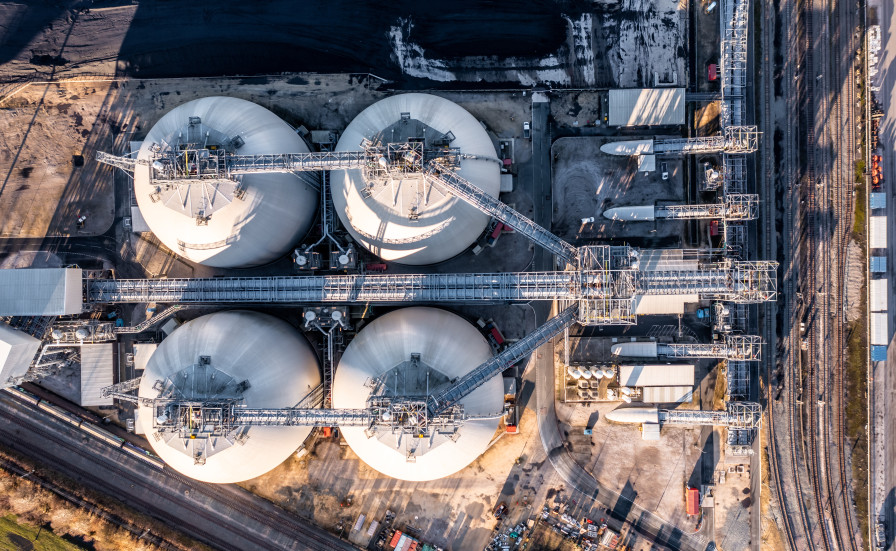


Planet2050 is a Climate FinTech that strategically invests in high-impact climate solutions. We support companies and governments in achieving their net-zero targets through the use of our verified carbon credits.
Our proprietary Planet2050-Hub platform combines advanced due-diligence methodologies with digital Monitoring, Reporting, and Verification (dMRV), ensuring the highest levels of quality and transparency across all our climate projects.
With our planned public listing in 2026, we will enable both institutional and private investors to directly participate in scaling global climate solutions and actively contribute as climate investors.

With rising prices, tightening regulation, and growing demand from companies and governments, carbon credits are turning into a real financial asset class.
Key market signals:
$250B market potential by 2030 (Barclays) — yet supply of trusted, high-integrity projects remains limited
High-quality credits are becoming essential for companies and governments to reach Net Zero
New environmental markets are emerging — from biodiversity and water to plastic — expanding climate finance far beyond carbon
The world won’t reach Net Zero without scaling credible climate solutions. And credible climate solutions won’t scale without finance.